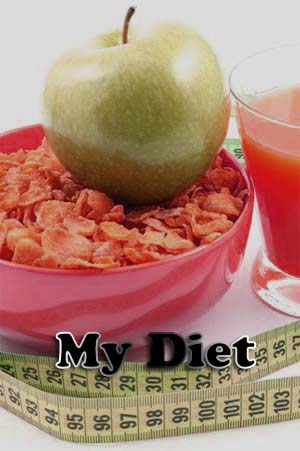Heart disease is no joke. Whether you’ve recently been diagnosed or simply want to make sure you’re doing all you can to prevent it, it is important to realize that half your battle is in the kitchen. Some of the food choices we make on a regular basis cause our bodies to react in strange ways – retaining salt and fluid, clogging our arteries, and so on. Here are some cooking tips to help you better safeguard the health of your heart.

Create a Weekly Meal Plan
One of the hardest parts of sticking to a healthy diet is planning what you’re going to eat from one meal to the next. While it’s always easy to run through a fast-food line, gorging on sodium-laden foods, it isn’t as easy to look in the fridge and decide what to make. Start each week by spending some time writing out a specific meal plan. What will you have for breakfast, lunch, and dinner each day? Make a trip to the grocery store and purchase the healthy ingredients you’ll need. The more you plan, the easier it will be to make healthier choices for your heart.
Look for Low-Fat Sources of Protein
Protein is great – it is a needed dietary supplement. Your source of protein, on the other hand, is a completely different story. Some protein sources, like pork, red meat, and even eggs, can be very high in fat. You’ll need to make sure you are choosing leaner cuts of meat – like chicken breast instead of thighs, leaner beef, egg whites instead of full eggs, and even skim milk over whole. Beans are a great source of protein that contain no cholesterol and very little fat.
Eat More Fruits and Vegetables
You probably hear this all the time, but the truth is that very few people eat as much fruits and vegetables as they should. A small side salad every once in a blue moon simply isn’t enough. Fresh fruits and vegetables contain tons of great vitamins – especially vitamin A and vitamin C. The less you cook them, the more you’ll benefit. These vitamins, plus the fiber in vegetables, make them great for supporting the health of your heart.
Speaking of Fiber
It is important for you to eat approximately 30 or more grams of fiber each day. Why? Fiber helps your digestive system and, in turn, supports your immune system. The more fiber you consume, the better able your body is to absorb fat and cholesterol so that you can digest it before it ends up in your bloodstream. Just make sure you work up to 30 grams if you currently eat very little; too much too fast could disturb your digestive process.
Ditch the Salt
Last but not least (and you knew it was coming), try to avoid salt as much as possible. When looking for packaged foods, look for items that are low in sodium. When preparing fresh foods, don’t add your own salt. When using seasonings, make sure you aren’t using blends that have salt added to them. Opt for herbs and spices in their natural form instead.
These 5 simple tips should help you to transition towards a heart healthy diet, ensuring you are better able to safeguard your health for years to come.
About the Author: Deborah Grames loves researching health, wellness, and healthy eating. She also enjoys using sites like IT recruiting services and other online services to stay in touch with latest recruitment services, jobs, family, friends, and clients.
Originally posted on October 20, 2011 @ 3:03 am